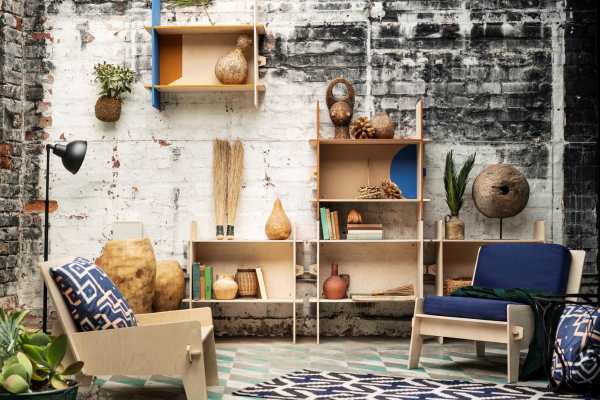IKEA sets sights on secondhand
The future of consumption is circular, and IKEA is finding its place in this new sphere.

One of the world’s furniture giants is stepping into a new realm, one where objects are not discarded but reincarnated.
In a bid to become fully circular by 2030, IKEA says it is looking to a future where its products are not just owned but are continuously shared.
With this in mind, the Swedish furniture giant is trialling 'IKEA Preowned', a peer-to-peer marketplace that allows customers to buy and sell used IKEA furniture.
IKEA Preowned ties in with the company’s goal to become fully circular by 2030. Launched initially in Oslo, Norway and Madrid, Spain, the new marketplace allows customers to list, sell, and buy secondhand IKEA items in the style of eBay and Facebook Marketplace.
Sellers upload photos, set prices, and negotiate directly with buyers, giving their preloved IKEA furniture a second life. They also arrange pickups and complete transactions independently, without IKEA facilitating the exchange.
"Enabling circular loops is how IKEA will transition towards a circular business"
If successful, plans are for a broader rollout worldwide by December. Becoming a circular business, IKEA says, will require it to create and offer products that are designed to be repurposed, repaired, reused, resold, or – as a last resort – recycled.
“Enabling circular loops is how IKEA will transition towards a circular business, impacting all aspects of our business from how and where we meet our customers to how and what products and services we develop, how and what materials we source, and how we develop the IKEA supply chain.”
The global shift towards a circular economy is inspiring new initiatives aimed specifically at promoting sustainability and reducing waste. Some of these seek to completely reshape how consumers interact with products by encouraging reuse, rental, and resale to reduce consumption and extend the lifespan of everyday items.
Tool libraries
In Melbourne, the Wyndham Park Tool Library promotes the sharing of everyday items like gardening tools, woodworking equipment, construction tools, artist tools, camping equipment, and more for a small annual subscription fee. According to the Tool Library, the average drill is only used for 13 minutes in its lifetime. Local residents are instead encouraged to borrow these items to reduce waste and consumption. The Tool Library is a community-driven initiative that's also supported by the Victorian government.
Library of things
The Library of Things lets members borrow items like hand tools, carpet cleaners, or kitchen appliances for a small fee, using them only when needed before returning them. London has embraced the model, with 19 locations now operating. In 2022/23, more than 10,000 things were borrowed by nearly 7,000 people, preventing 64 tonnes of waste heading to landfill and saving 124 tonnes of CO2 from being emitted.
On-demand rentals
TULU, an on-demand rental service operating in New York City, London, and Tel Aviv, offers residents in apartment buildings access to household items such as vacuum cleaners, bikes, and even VR headsets. TULU’s self-serve shops are located in building lobbies, lounges, or laundry rooms, enabling residents to rent items they only need occasionally via an app. TULU can also track usage patterns to customise the right items for each building, further boosting the efficiency of the model.





